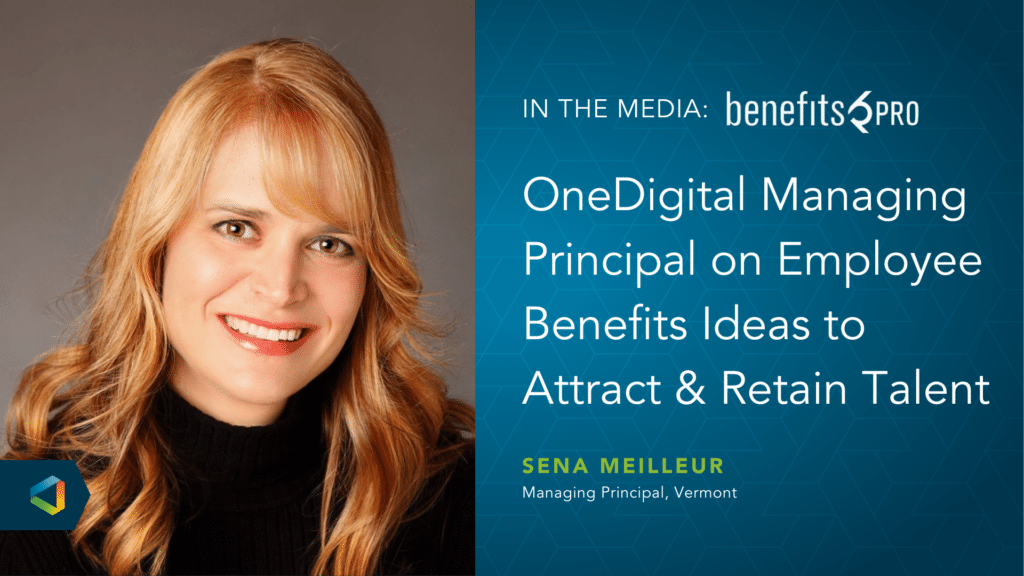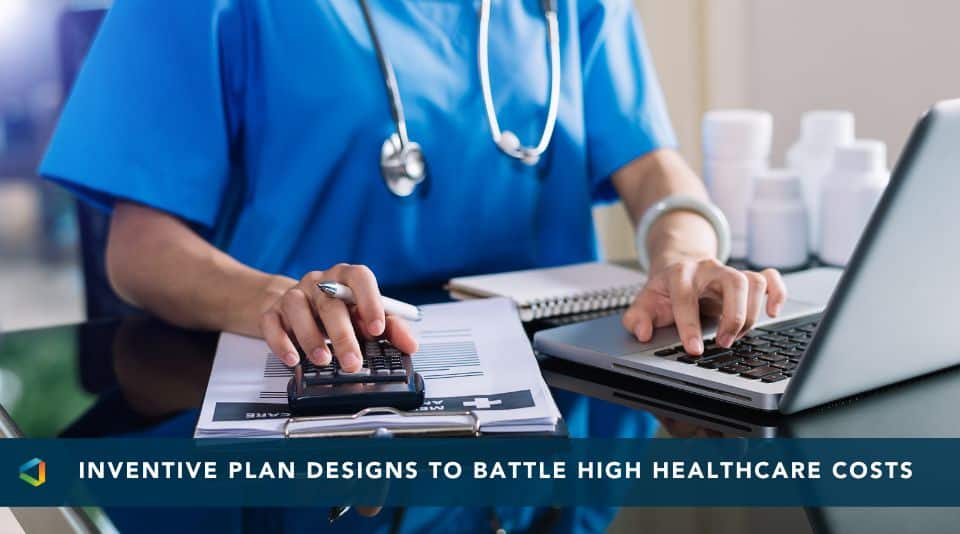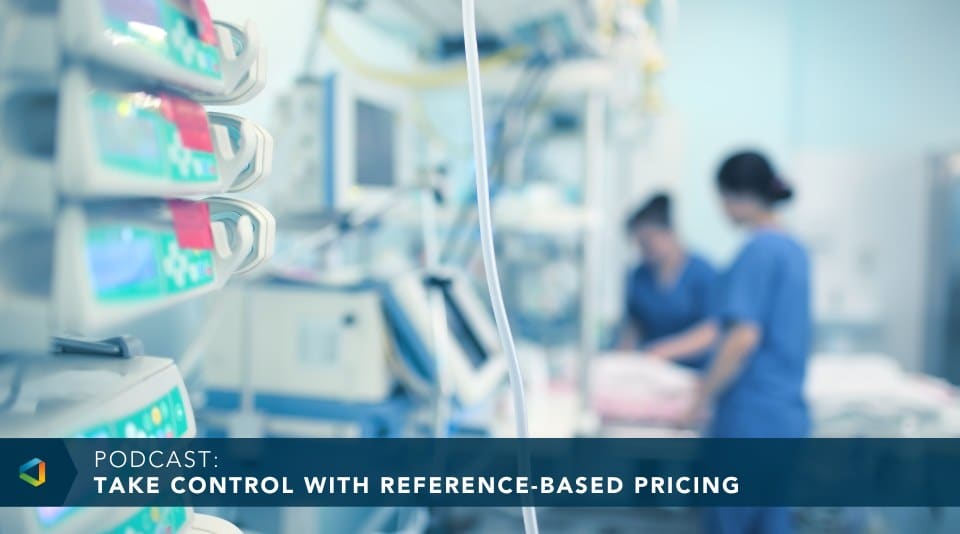I’m fascinated by my current read, The Zero Marginal Cost Society, by Jeremy Rifkin. I may not witness the complete evolution of our dependence on fossil fuels to free forms energy—wind, solar and water (by 2050 Rifkin predicts); but I can see how The Internet of Things, The Collaborative Commons, and The Eclipse of Capitalism is rapidly revealing that companies refusing to step back and see the forest through the trees are becoming irrelevant at an unnerving pace.
Many goods and services that have historically carried significant, marginal cost are now free. Rifkin gives many examples is his latest book; on-line universities, e-books, photos, music, renewable energy, and 3D printing. All carry zero marginal cost—that is—it costs almost nothing to add one more student, publish another e-book, print another prosthesis, etc. Companies refusing to recognize this dynamic and evolve are destined for failure. I’d place traditional colleges and text book publishers as two potential candidates for irrelevancy or certainly niche status. Rifkin talks about this but he should credit me on these, I’ve been talking about both of these longer than he has.
Our business will reach this crossroad at some point soon. One of my favorite quotes from Rifkin’s book “capitalism’s operating logic is designed to fail by succeeding” will hopefully force progressive service companies to see the broader view—much of what we do will become marginalized. Assuming a competitive market (no monopolies like cable, electric, water, etc.), Rifkin envisions a scenario where this “operating logic of capitalism exceeds beyond anyone’s wildest expectations and the competitive process leads to extreme productivity.”
Looking at the service model in the traditional small group market is evidence of this transformation—it is much more efficient—given product, pricing, and compensation models available, to take advantage of economies of scale and deliver a superior product via a connected enterprise. We have achieved “extreme productivity” in the small employer market. One more service call to our Atlanta, GA Customer Advocate Center carries a marginal cost of close to zero—same for rating, COBRA, enrollment support, and new installations. OneDigital founders foresaw this evolution 10 years ago and now manages more than 20,000 small business clients with a model for efficiency.
Can some of efficiency gains enjoyed in the small group market be transferred to the large group market? In this market, our clients expect a hands on, strategic partnership. We continue to lead and play this strategic role. This is how we differentiate ourselves as mid-market leaders. Clients count on us to help identify preventable and reversible disease among their employee population—the true cost drivers behind escalating claims—and to develop complex long term strategies which help employees get out of harm’s way while at the same time controlling or even reducing their healthcare spend.
We work with our large group clients to develop long term strategies and we challenge them to resist the temptation to regress to the Groundhog Day strategy trap. We lead them down one of the four strategic paths that exist; Pay, Empower, Perform or Accelerate. None of this is or will be free. We will capitalize on our efficiency gains however, to allow us to focus on delivering the 5 things all of our clients want; lower costs, better benefits, healthy people, no headaches, and guidance through healthcare reform. The other services that all of our clients enjoy as part of our partnership with OneDigital—the Customer Advocate Center, Think HR, Compliance Support, Visibility, the OneDigital Marketplace, and OneGlobal are part of the package as well—at a Zero Marginal Cost.




